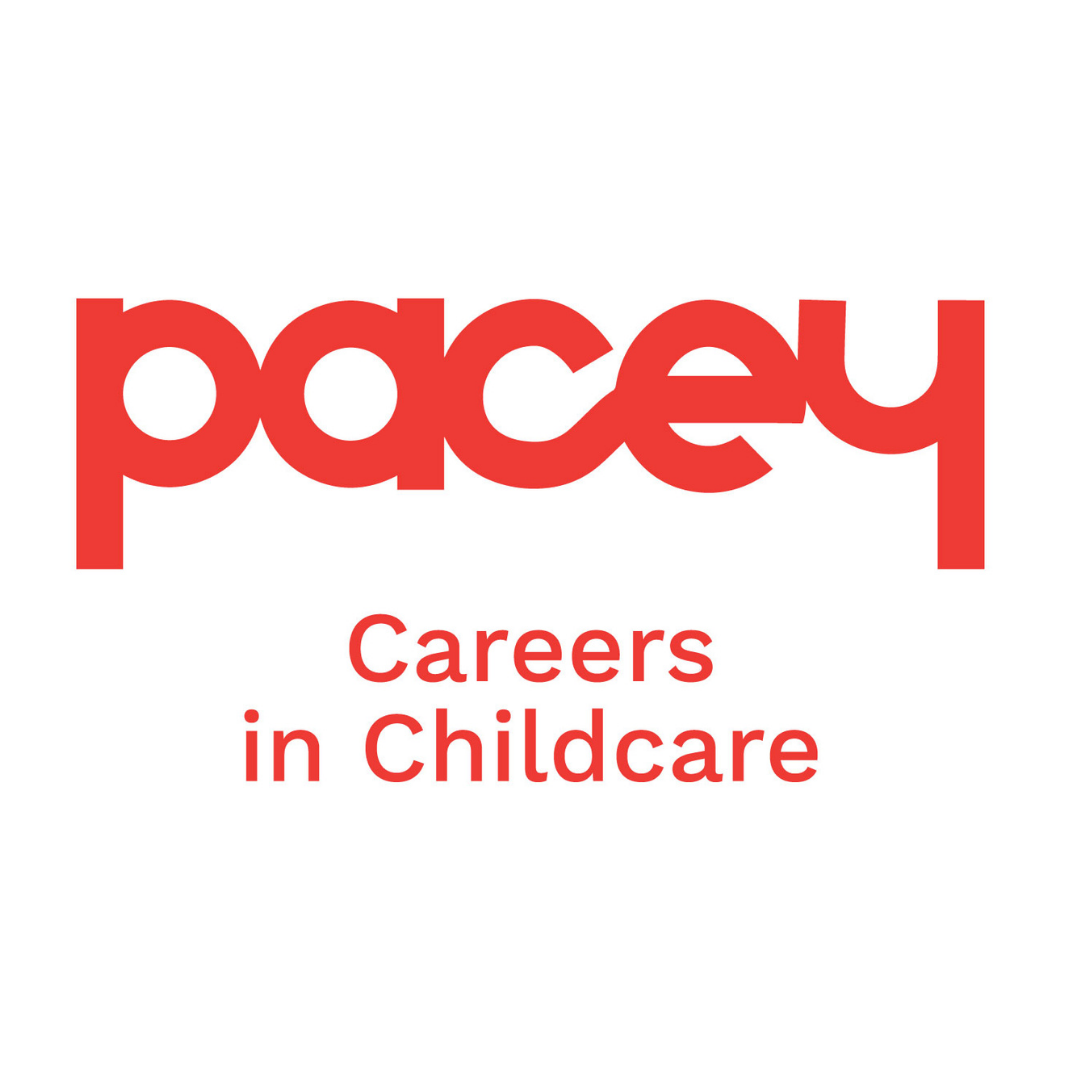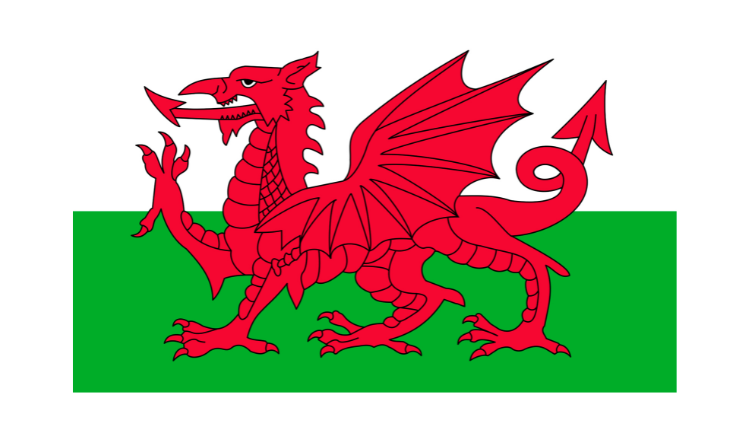Becoming a childminder in England
- Coram PACEY
- $
- Careers in Childcare
- $
- Childminders
- $
- Becoming a childminder in England
Before you register as a childminder you need to have undertaken training and suitability checks. Find out everything you need to know about registration here:
Online briefing
Suitability checks
Registration
Pre-registration training
How much will it cost?
Online briefing
For just £5 you can explore what being a childminder in England involves and discover more about the training you need to get started. We’ll also explain about the Ofsted Early Years Register and the compulsory and voluntary parts of the childcare register. By the end of this briefing, you will:
- Understand the legal requirements of becoming a registered childminder in England
- Understand Ofsted’s role in relation to childminding and the registration process
- Have an overview of the Early Years Foundation Stage (EYFS)
- Understand the training requirements and support available to you.
Throughout the briefing you will have the opportunity to view or download and print resources and link to additional information.
Sign up now
Essential pre-registration training
It makes sense, therefore, to ensure that the training you undertake at the beginning of your career is the very best it can be.
Preparing to Work in Home-based Childcare course
The HBCA course has been created by childcare experts to give you the very best foundations for a successful career as a registered childminder in England.
Free added benefits
When you study the HBCA course with The Childcare Company, you’ll get three months’ free PACEY membership*. This means that as well as access to a host of member benefits, you’ll have all the support you need. This includes not only to access the materials that will help you complete your HBCA course, but that will help you to set up your childminding business as well.
First aid training
- cater for practitioners caring for children in the absence of their parents
- be a minimum of 12 hours
- cover what to include in a first aid kit for babies and children
- demonstrate resuscitation techniques using models of babies and children, and give practitioners a chance to practise on models of each age group
- include how to record accidents and incidents appropriately.
PACEY works with Tigerlily Training to provide a suitable paediatric first aid qualification, ideal for your initial training.
The course is delivered by experienced tutors with an understanding of childcare settings. Their experience in delivering learning will give you the knowledge, skills and confidence required to effectively administer first aid, as well as meet the requirements of registration. Plus, PACEY members get a 10% discount.
Safeguarding training
The Safeguarding children course from PACEY has been designed to help you meet your responsibilities and is fully endorsed by CACHE. It will help ensure you have the confidence to recognise, respond to and refer a child for further help if you should have any concerns.
If you sign up for the HBCA course with The Childcare Company you get Free PACEY membership which means you can purchase the course at the discounted price of £9.99 saving you £10!
Food safety and hygiene training
Our Level 2 food safety and hygiene for early years settings course will give you the guidance you need. Accredited by the Royal Society of Public Health (RSPH), our course provides learners with up-to-date food hygiene information, case studies, interactive exercises and videos to ensure learners are aware of their food safety responsibilities.
If you sign up for the HBCA course with The Childcare Company you get Free PACEY membership which means you can purchase the course at the discounted price of £20 saving you £12.99!
Suitability checks
Disclosure and Barring Service (DBS) check
Applying for a DBS check through Ofsted?
- My certificate was issued within the last 3 months
- Or it was ossued over 3 months ago, and I’m on the Update Service
- It states my position as ‘childminder’
- It states that it is for an ‘enhanced check’
- It states that it is for ‘child workforce’
Applying for a DBS check through another channel?
- I am on the Update Service
- The certificate states that it is for an ‘enhanced check’
- It states that it is for ‘child workforce’
- It states that my position is home based, such as childminder, foster parent. family host
Frequently asked questions about DBS in England
Registering for the update service
You can register online for the update service as soon as you receive your application form reference number. Ask for the number when you make your DBS check application. Alternatively, you can register when you receive your DBS certificate, using the certificate number. If you do this, remember that you must register within 30 days of the certificate being issued. Registration lasts for one year and costs £16 annually (payable by debit or credit card only).
Once you’ve successfully registered you can view your details online, using the ID number you’ll be given with your registration.
When you register for the update, you’ll get an online account that lets you:
- take your certificate from one job to the next
- give employers permission to check your certificate online, and see who has checked it
- add or remove a certificate.
Read the detailed guidance for applicants.
If you’re awaiting the completion of a DBS check, you can monitor its progress using the DBS tracking service.
Health declaration
Next steps
How much will it cost?
Like any new venture, there are start-up costs involved in becoming a childminder. These figures are for illustration purposes only but will help you understand how much the process is likely to cost.
Have a conversation with your local authority Early Years Team to see if they have funding available to help you set up as a childminder. This page about PACEY’s Quality Start scheme will give the Early Years Team the information they need.
| Is childminding right for me? Online short briefing from PACEY (optional) | £5 |
| PACEY's recommended pre-registration training course, Level 3 Award in Home-based Childcare (HBCA). | £294 |
| Paediatric first aid training course | From £85, depending on provider |
| Disclosure and Barring Service check | From £49.50 (excluding admin fees) plus optional annual renewal fee (currently £16) |
| Health declaration check | From £35, depending on your Doctor's fees |
| Registration on Ofsted Early Years Register (if you're caring only for children under 5) | £35* |
| Registration on Ofsted Childcare Register (if you're only caring for children aged 5-7) | £104* |
| Full membership of PACEY including PACEY Practitioner insurance | From £12.66 per month** |
| Registration with Information Commissioner's Office | £52 |
*If you join both registers, you’ll pay the lower fee. Different fees will apply if you join a childminder agency.
**Save £30 on PACEY Practitioner membership when you complete the HBCA with The Childcare Company and PACEY.
There may be other associated costs as well, depending on your business model. For example, if you plan to play recorded music, you may need to apply for a joint PPL and PRS for Music licence and you’re also likely to need to register with the Information Commissioner’s Office which costs around £40.
If you’ve just started on the path to a career as a registered childminder you’ll find our Business Smart section useful. It contains the lowdown on all you need to get started in this fantastically rewarding career, including details on accessing start-up loans.
Support
It’s always worth getting in touch with your local authority early years team to see what help and advice they can give you in getting started as a childminder too. You can find contact details for your local council here.
PACEY Advisors
Childminder grants scheme (England only)
Following the announcement of the new start-up grant for childminders at the Spring Budget on 15 March 2023, a £600 grant for those who register with Ofsted, and £1200 for those who register with a childminder agency, will be payable to any individual who has completed their childminder registration on or after 15 March 2023.
***New childminders who wish to apply for the grant will need to finalise their Ofsted or CMA registration by 31 March 2025. New childminders must apply for the grant within 2 months of confirmation of their childminder registration date.***
Join our community
Registration
If you want to be paid to look after children under 8 in England for more than two hours a day, you must:
- register with Ofsted on the Early Years Register if you plan to look after children aged 5 and under – that is from birth up to the 31 August after their 5th birthday
- register with Ofsted on the Childcare Register to look after children aged 5 to 7
- if you want to look after children of all ages, you must apply to both registers.
- Alternatively, you can register with an approved Childminder Agency.
Registration is essential if you want to be paid to look after children. You can receive an unlimited fine, be sent to prison, or both if you’re providing childminding or daycare services without being registered.
Can I register?
Before you register, you must ensure that you:
- have the right to work in the UK
- are aged 18 or over
- are allowed to work with children – you’ll need to have a Disclosure and Barring Service (DBS) check beforehand, along with everyone else you live with over 16.
- are physically and mentally capable of caring for children. Your doctor will have to sign a health declaration booklet to confirm this.
You can’t register if you’re disqualified, for example:
- if you’re barred from working with children
- if you’ve been refused registration previously
- if you have had your registration cancelled for a reason other than for not paying your annual fee
- if you live in the same place as someone else who is disqualified.
How long will it take to be registered?
What about registering with a Childminder Agency?
- ensure a childminder’s suitability, including, where appropriate their capacity to deliver the statutory requirements of the Early Years Foundation Stage (EYFS)
- support the training and development of childminders
- help parents find and work with a suitable childminder
- improve the quality of provision
- monitor the standard of care provided by the childminders they register.
Childminder agencies may provide childminders with support services such as marketing, administration, training and development. They also carry out assessments of the childminders registered with them. Agencies may provide parents with matching services to help them find a childminder, as well as access to holiday and sickness cover.
How many childminder agencies are there?
Do I have to join a childminder agency?
Can I register with an agency and still be self-employed?
Can I register with a childminder agency and still retain my individual Ofsted registration?
How are individual childminders inspected under the agency model?
How are childminder agencies inspected?
- the effectiveness of the leadership and management of the agency
- the quality of the agency’s services
- the impact of the agency’s services on the quality of the education and care provided by its childminders
Inspectors will visit a sample of childminders on the agency’s books – normally 10% – to assess the effectiveness of the agency’s arrangements for assuring the quality of its childminders and the accuracy of the agency’s evaluation of quality.
Following their inspection, childminder agencies will receive a grade of ‘effective’ or ‘ineffective’.
What happens next?
At this visit, the inspector will expect you to be ready to begin childminding, so you should ensure that you have everything ready.
If you want to work from more than one place you will need to state your request to use different settings in your application. You can also add additional premises to an existing registration, without having to complete a new registration application.
Pre-registration visit
- check your identity, premises, and equipment
- ask to see your DBS disclosure certificate
- ask you how you plan to deliver all the requirements of the Early Years Foundation Stage
- assess how you will help children to make good progress with their learning and development while they are in your care
- assess how you will meet safeguarding and welfare requirements.
All this helps them to decide your suitability as a childminder.
The inspector will usually tell you soon after the visit whether Ofsted is prepared to register you as a childminder.
Once you're registered
Once you receive your certificate of registration from Ofsted, you must display it in your childminding setting where parents and carers can see it.
Ofsted registration requires you to hold appropriate public liability insurance (PLI) in place as soon as you are registered. PACEY’s Practitioner insurance, arranged and administered by Morton Michel Ltd and underwritten by QBE UK Limited, is designed for childminders, and included in membership. Call us on 0300 003 0005 to get your PACEY membership.
PACEY’s Practitioner insurance provides PLI cover of £10,000,000 and professional indemnity cover of £100,000.
Inspections
New childminders are inspected within 30 months of their registration to ensure the quality of the care they are providing. Inspectors visit the childminder and check that their home is safe and secure.
The inspector assesses the provider on three key areas of their provision:
- how well their provision meets the needs of the range of children who attend
- how well they identify any particular needs children may have and arrange appropriate help
- the contribution practitioners make to the well-being of children and the effectiveness of leadership and management.
Inspection will consider the extent to which all children are supported to acquire the skills and capacity to develop and learn effectively and be ready for the next stages in their learning, especially school.
Childminders in England are registered on one or both parts of the Childcare Register. They must therefore always meet the requirements of one or both parts of the register when providing childcare.
Ofsted will normally only inspect a childminder’s setting when they are caring for children. If the inspection is on a day when you don’t have children with you, it is unlikely you will get a top grade, as the inspector considers the views and experience of the children and their families.
Join your professional association

Professional Association For Childcare And Early Years (PACEY), Registered in England and Wales under No. 02060964. Registered Office: Northside House (Third Floor), 69 Tweedy Road, Bromley, Kent, BR1 3WA. PACEY is an Introducer Appointed Representative of Morton Michel Ltd for general insurance business and is authorised by them.
Morton Michel Ltd is authorised and regulated by the Financial Conduct Authority, Firm reference No. 527300. Registered in England and Wales under No. 5120835. Registered Office: Rossington’s Business Park, West Carr Road, Retford, Nottinghamshire, DN22 7SW. Morton Michel Ltd is part of the PIB Group. PACEY and Morton Michel Ltd are not part of the same corporate group.
Latest News
Keep up to date with everything that's happening in the childcare sector
Recycling guidance in Wales/ Canllawiau ailgylchu
Coram PACEY Cymru funding success / Llwyddiant cyllido Coram PACEY Cymru
Childcare & Education Expo Midlands: What to Expect from This Year’s Early Years Event
Childcare & Education Expo Midlands: What to Expect from This Year’s Early Years Event This...



